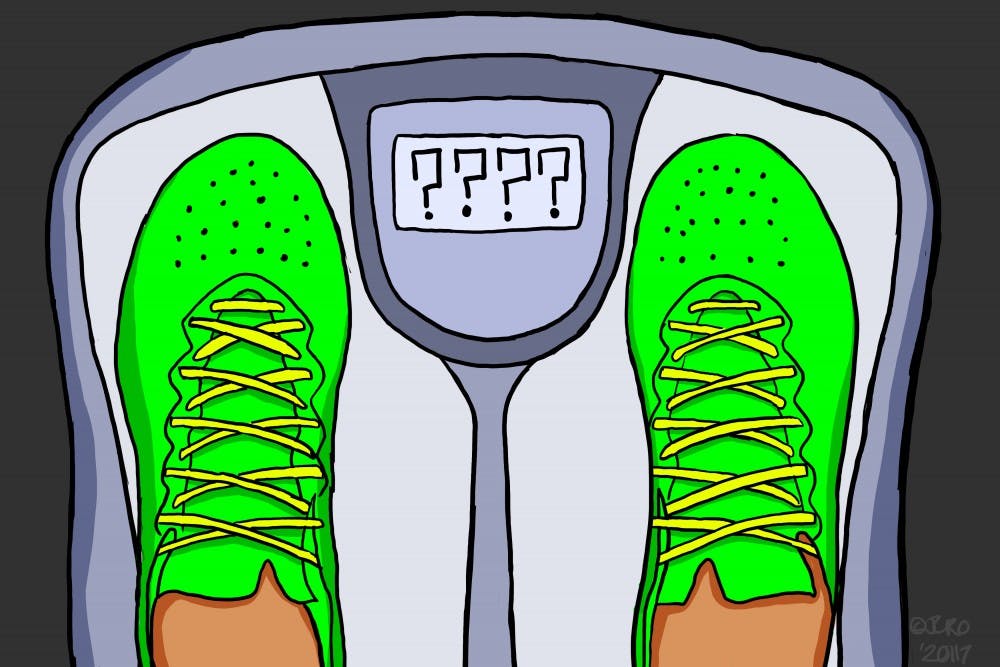It is vital to discuss how the media portrays and influences our perception of eating disorders — especially considering that media influences our thoughts and beliefs so heavily.
It is estimated that 20 percent of college students have or have had an eating disorder. Considering that the younger generation consumes media more than older generations, this should could come as no surprise.
It is not a stretch to say that those with eating disorders do not reach out because they feel alienated. When the media misrepresents eating disorders, it augments their alienation.
Most shows and films trivialize eating disorders and their contributing factors.
TV shows and movies often fail to explain why the characters developed eating disorders, or they procure characters who developed eating disorders in an attempt to achieve a "certain look." This is highly inaccurate – most people who have eating disorders developed them after a traumatic experience.
"People with mental illnesses see shows and movies that portray their illness incorrectly and think other people who watch these shows and movies will think differently of their disorder," Elizabeth Altamirano, third-year graduate student studying character development at ASU, said.
"To the Bone" is a movie about a young woman with anorexia that was recently released on Netflix. Out of all the portrayals about eating disorders, it is the best so far.
What differentiates "To the Bone" is the fact that the the protagonist's eating disorder resulted from an emotionally traumatic experience, instead of a trivial issue.
The film also displayed characters with eating disorders having all body types. Far too often, media portrays people with eating disorders as only being too skinny. It is not one-size-fits-all.
This film is a big step forward compared to shows like "Red Band Society," which features a character with anorexia who developed an eating disorder because her friend moved away, or in "Skins" where the reason why one of the main characters has anorexia is never really mentioned.
Eating disorders are a serious issue that deserves to be talked about. However, when discussed in the media it should be done correctly.
"To the Bone," was a good step forward, but the media, particularly the entertainment industry, still has some work to do in terms of portraying eating disorders holistically.
The writing of these shows needs to be better researched and more representative. When hiring writers who have dealt with eating disorders and psychologists who can help ensure the content is not too harmful, the quality of the content will improve.
More comprehensive portrayals of these disorders in media will create an environment where people are comfortable talking about eating disorders. It will allow people to have a better understanding of what an eating disorder entails.
We do need to consider the fact that disordered eating is complicated, confusing and anything but surface-level.
Reach the columnist at miharri1@asu.edu or follow @IdalisHarris on Twitter.
Editor’s note: The opinions presented in this column are the author’s and do not imply any endorsement from The State Press or its editors.
Want to join the conversation? Send an email to opiniondesk.statepress@gmail.com. Keep letters under 500 words and be sure to include your university affiliation. Anonymity will not be granted.
Like The State Press on Facebook and follow @statepress on Twitter.




